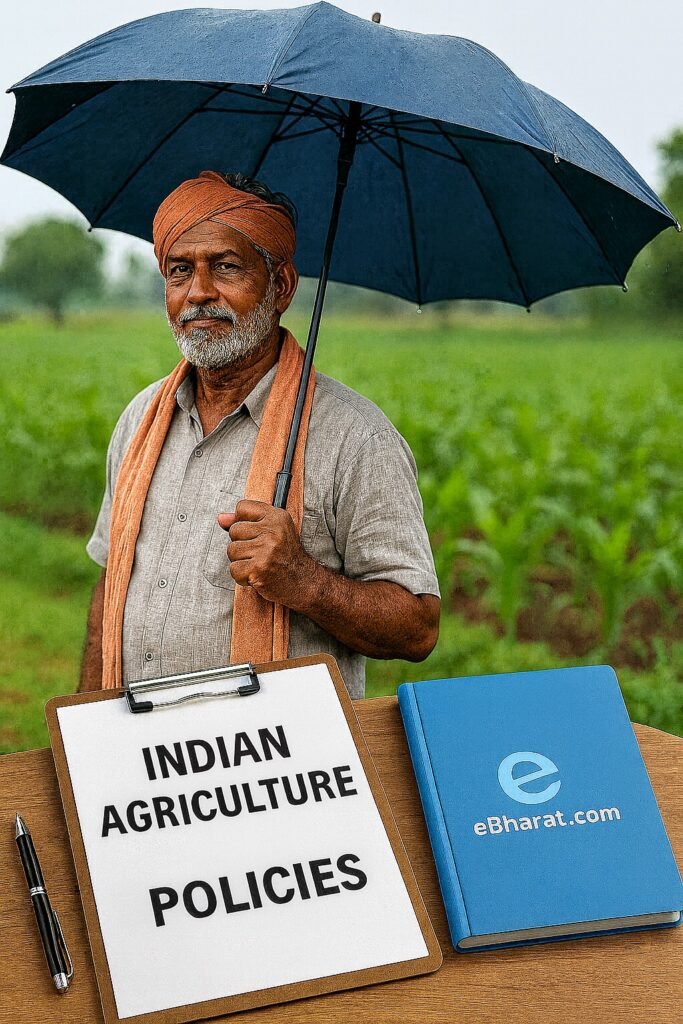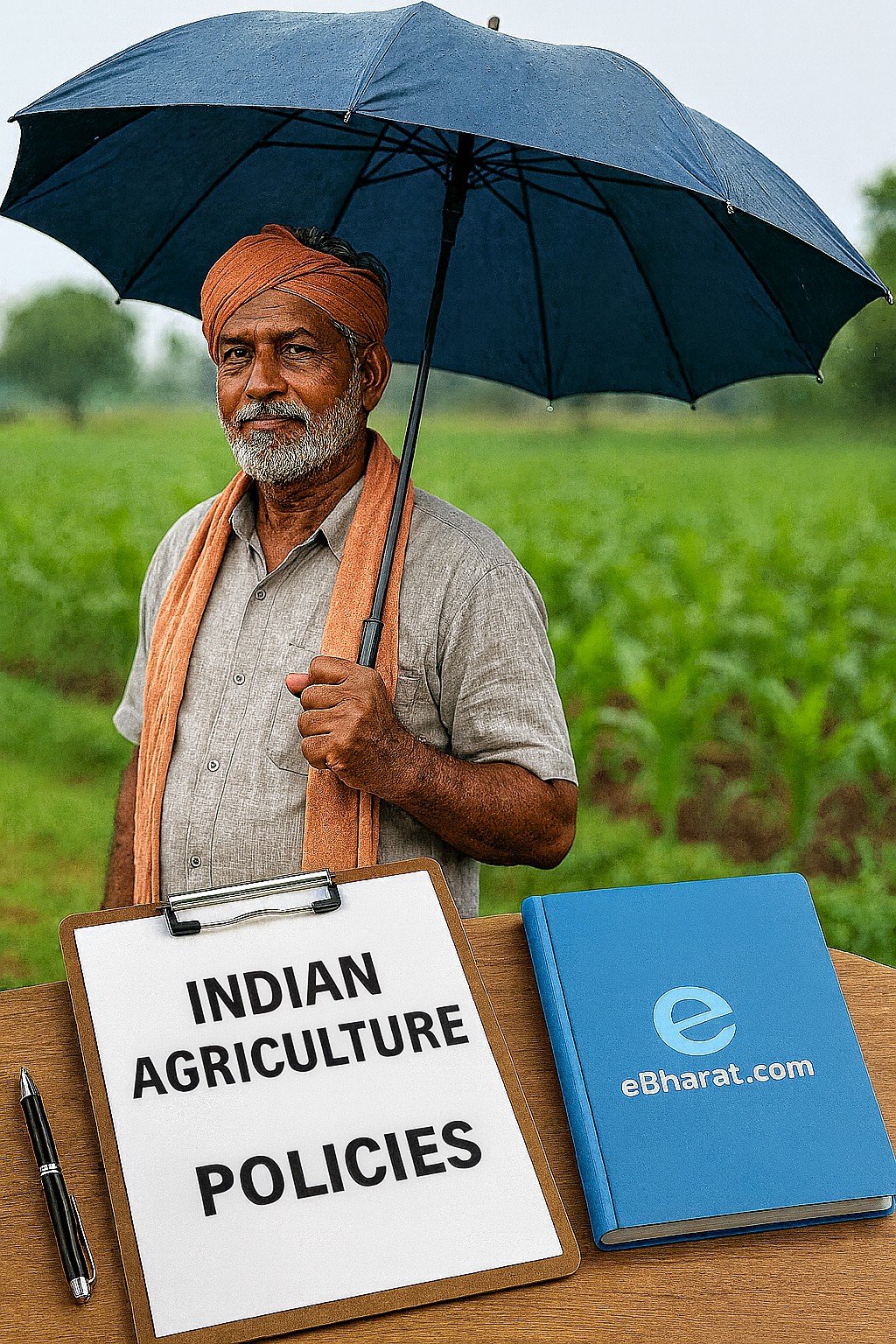
Introduction
Agriculture is the backbone of India, employing nearly 40% of the workforce and contributing significantly to the economy. But farming is also one of the riskiest professions due to climate change, floods, droughts, pest attacks, and unpredictable weather. To protect farmers, the Government of India has introduced multiple crop insurance schemes. Behind these schemes, however, lies another invisible safety net — reinsurance. Reinsurance plays a critical role in ensuring that agricultural insurance policies remain viable, affordable, and sustainable for farmers.
Agriculture Insurance in India: An Overview
India has several agriculture insurance programs, including:
- Pradhan Mantri Fasal Bima Yojana (PMFBY) – Covers crop losses due to natural disasters, pests, and diseases.
- Weather-Based Crop Insurance Scheme (WBCIS) – Protects against adverse weather conditions such as unseasonal rain, drought, or temperature extremes.
- State-specific Crop Insurance Schemes – Some states have their own variations for farmer protection.
While insurers handle farmer-level policies, these risks are too large and unpredictable for them to manage alone. That’s where reinsurers step in.
Why Agriculture Needs Reinsurance
- High Catastrophe Exposure
Crop failures often affect entire regions, leading to massive claims at once. Without reinsurance, insurers might go bankrupt after a single bad monsoon. - Premium Affordability
Reinsurers absorb part of the risk, which allows insurers to keep farmer premiums lower while still providing comprehensive coverage. - Capital Protection
Agricultural insurers don’t need to hold enormous capital reserves because reinsurers back them up during disaster years. - Policy Continuity
Even after widespread crop losses, reinsurance ensures that insurance companies continue offering crop policies in the next season.
How Reinsurance Works in Agriculture Policies
- Step 1: Farmers buy crop insurance (e.g., PMFBY).
- Step 2: Insurers like AIC (Agriculture Insurance Company of India) cover farmers but pass a portion of risk to reinsurers.
- Step 3: Reinsurers (like GIC Re, Swiss Re, Munich Re) provide financial backup when claims exceed thresholds.
- Step 4: This global risk-sharing keeps the system stable, even in severe drought or flood years.
Role of GIC Re and Global Reinsurers
- GIC Re: As India’s national reinsurer, GIC Re plays a leading role in supporting crop insurance programs.
- Global Reinsurers: Companies like Swiss Re and Munich Re bring expertise in weather modeling, satellite-based risk assessment, and global diversification, helping Indian insurers design sustainable products.
Challenges in Agricultural Reinsurance
- Data Gaps: Lack of accurate yield and weather data makes risk modeling difficult.
- Climate Change: Increasing frequency of extreme weather events raises reinsurance costs.
- Low Awareness: Many farmers are still uninsured, limiting the scale of premiums that can be pooled.
- Dependency on Subsidy: Government subsidies are vital to keep premiums affordable, making the ecosystem policy-sensitive.
Future Outlook
- Technology in Risk Modeling: Use of AI, satellite imagery, and weather data will make agricultural reinsurance more accurate.
- Parametric Insurance: Linking payouts directly to weather triggers (rainfall levels, temperature) will reduce claim delays.
- Global Diversification: Partnerships with international reinsurers will spread India’s agricultural risk across global markets.
- Stronger Role for GIC Re: With IRDAI’s regulatory support, GIC Re is expected to lead in designing climate-resilient reinsurance programs.
Why This Matters to Policyholders and Agents
- For Farmers: Affordable premiums and guaranteed claim payments.
- For Insurers: Reduced exposure to catastrophic losses.
- For Agents: More opportunities to sell crop insurance policies with confidence that claims will be honored.
Become an Insurance Agent with eBharat
Join India’s fastest-growing HDFC Life agent network. Get free training, digital tools, and high earning potential while helping families secure their future.
Apply NowLimited seats for 2025 onboarding. Don’t miss your chance!













